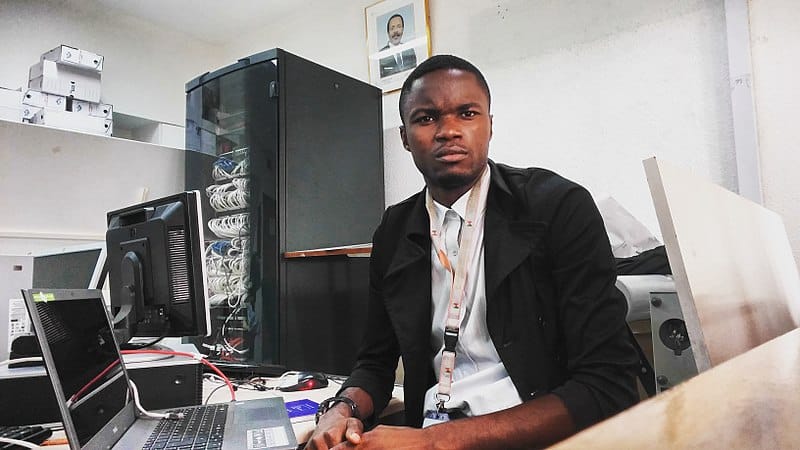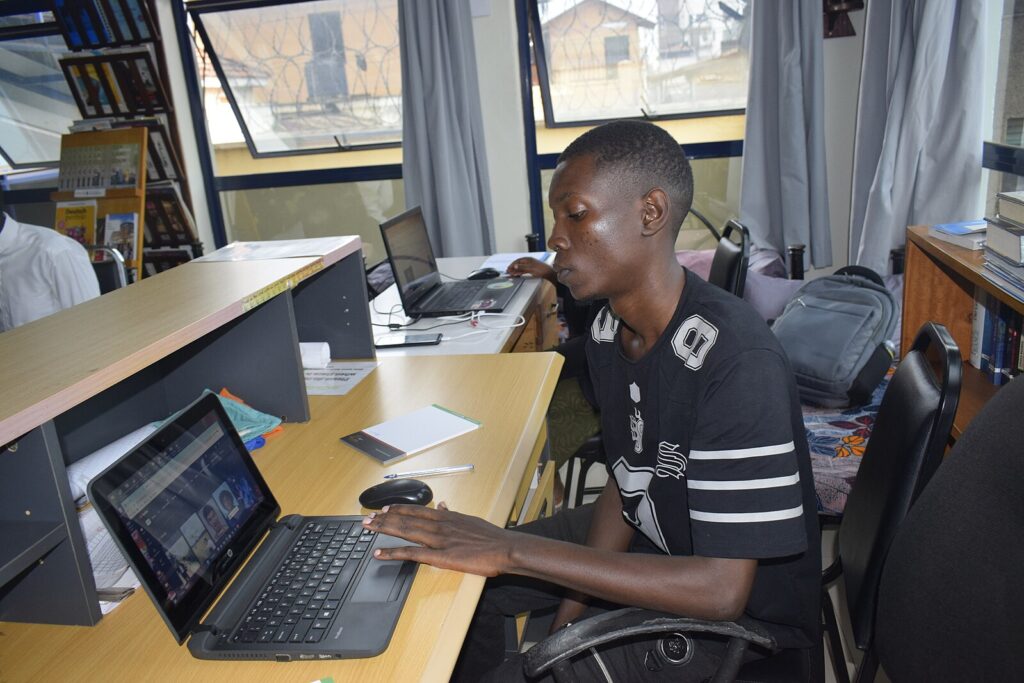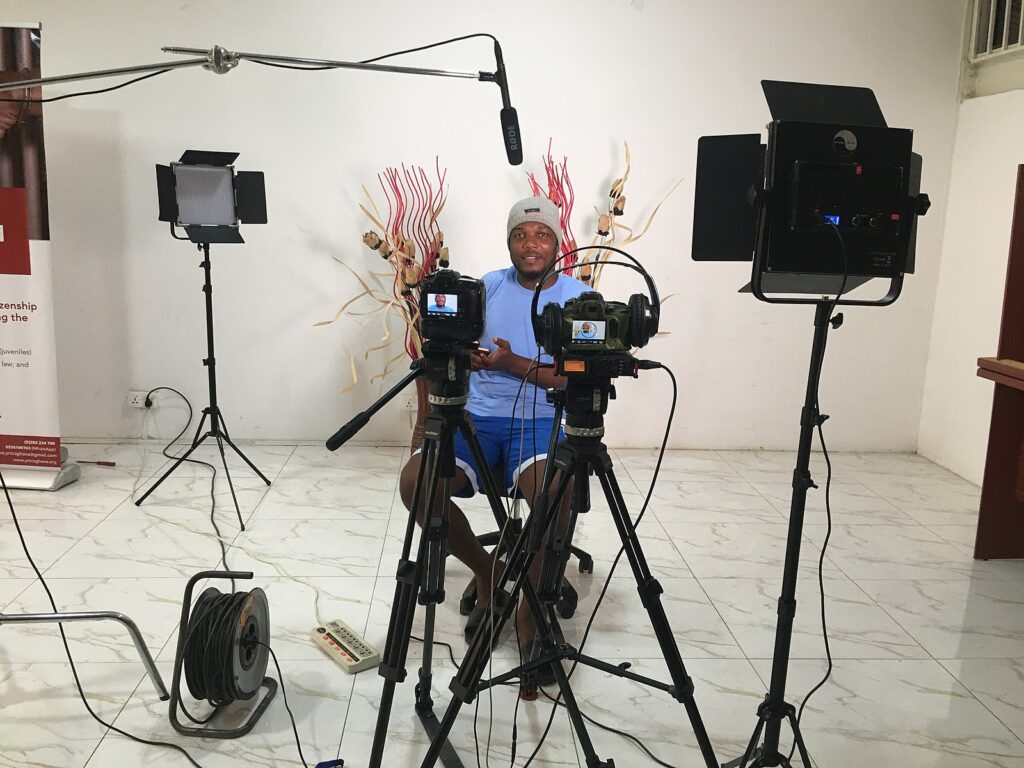ICT is increasingly used as a source of information for would-be-migrants to fulfill their intention to cross borders. In international and internal migration, migrants use ICT to maintain links with the families left behind and their loved ones.
Social media can facilitate internal and international migration. Migrants’ use of ICT has various forms and meanings. They use ICTs to create and maintain transnational or trans-local links with their families or communities of origin, maintain their national or local identity, create the “feeling of the homeland,” or stay connected with the country of origin. Migrants also use ICT to create jobs, carry out philanthropic activities (e-health, e-learning, funding rising, etc.), or assist families and communities in coping with natural disasters, situations of conflict, and insecurity.
This ACSRM’s research cluster endeavors to enhance understanding of the migration and ICT nexus. The various forms of use of ICTs in the context of migration and mobility will be scrutinized. The ACSRM aims to enhance understanding of how the ICTs shift or influence Africa’s internal and international migration patterns, trends, and dynamics. It will examine whether the ICTs change African migration and mobility patterns in origin, transit, and destination countries. At the same time, the Centre examines how migration and mobility affect the configurations, meanings, dynamics, and stakes at the play of ICTs in Africa.

The meaning and modus operandum of international migration have fundamentally shifted with the rise of ICTs in Africa. The implications of the migration and ICTs nexus on the migration process, migration policy and governance, ICT development, and the links between migrants, origin, transit, and destination countries on the development of African countries will be scrutinized.

This research cluster will examine the impacts of ICTs on people’s living and working conditions in the context of migration and mobility and those left behind. It will investigate the risks and challenges underlying using ICTs in migration and mobility. It will reflect on the policies to strengthen the development potential of migration and address the challenges underlying the migration and ICTs nexus. Other issues that will be examined include the uneven access to ICTs in displacement, refugee movement, and survivalist migration and the implications on livelihoods, resilience, and social protection.
The use of mobile money in the context of migration and displacement has various implications for the volume and magnitude of remittance transfers and their development potential. There is a need to devise well-informed policies to address the challenges and opportunities of using ICTs for remittance transfers.
Finally, the ACSRM will enhance understanding of:
- How the ICTs act as an enabling and hindering factor of migration and mobility.
- The “virtual migration” patterns, meanings, and dynamics in the context of increasing immobility due to reduced legal migration opportunities and tightening visa and migration policies.
- The use of ICTs by various migrant groups (refugees, displaced persons, skilled international migrants, rural-to-urban migrants, student migrants, youth migrants, pastoralist communities, informal cross-border trade, female migrants, etc.).
- How the banking, telecom, and ICT sectors and other companies invest in the ICT and migration/mobility industry or market.
- The digital divide and the constraints and opportunities for African refugees and displaced people to access and use ICTs.
- How migrants, diasporas, refugees, and displaced people use ICTs in peace-building, conflict resolution, and post-conflict reconstruction.
- The role of ICTs in fueling conflicts, insecurity, instability, and forced displacement and migration.
- How policies address the migration and ICT nexus, including how migration impacts ICT policy, how ICT impacts migration governance and policy, and migration and development policy.
- The use of ICTs, especially Artificial Intelligence (AI), on migration and border control and its implications.
- Digital humanitarianism, digital health, digital education through migrants and diasporas, and in the context of migration and mobility.
- Digital diaspora patterns, trends, challenges, and opportunities.





